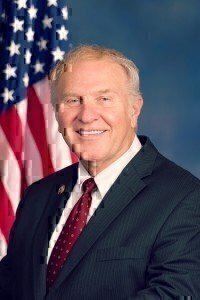
Ms. Willmann, whose husband is employed by the U.S. Navy, describes her situation as follows:
“After graduating college, [my husband and I] moved to Charleston, South Carolina to begin our careers in education and the Navy. I was in the middle of my second year at Berkeley County School District when we were given orders to Norfolk, Virginia. In February, I left my teaching position and moved to Norfolk with my husband. I obtained a Virginia teaching license and began applying to school districts. I was hired in July of the same year, but had already experienced my first gap in employment. After teaching for two years in Chesapeake, Virginia, we received orders to report to a shore tour in Washington D.C. We moved in October, which led to a second gap in employment. I am now beginning my fourth year as a teacher in a high need field, but will be ineligible for federal loan forgiveness when I complete my fifth. If my husband and I had not been forced to move due to military obligations, I could have met the requirement for five complete and consecutive years of service. Unfortunately, these repeated relocations have made it impossible for me to qualify under the current teacher loan forgiveness program.”
Our kids need teachers like Lindsay Willmann. And the loan forgiveness program provides a great incentive for recent college graduates, like Ms. Willmann, to give back to society and provide a much-needed service. However, we need to make sure that we’re running this program in a way that doesn’t unfairly penalize our military families, who are some of the people who can benefit the most from the program.
We should not punish teachers who oftentimes have no control over their spouse’s relocation or reassignment by the military. Instead, they should be encouraged to continue to serve our communities, by remaining eligible for the same benefits once they relocate, as long as they continue to meet the five-year teaching requirement. And passing H.R. 3684 would do just that.









